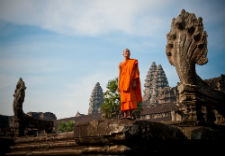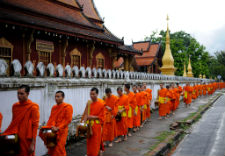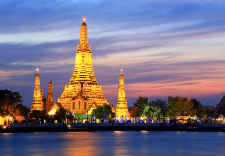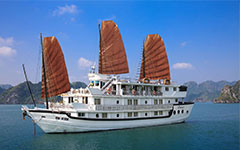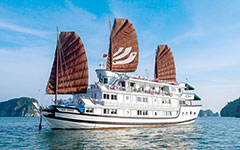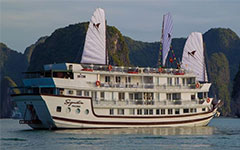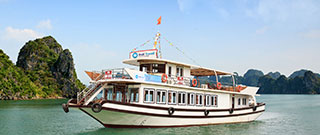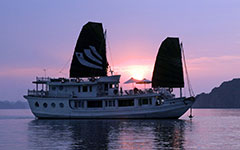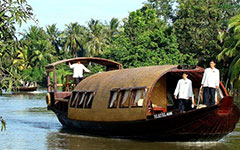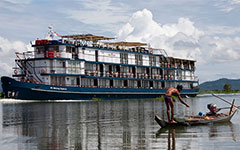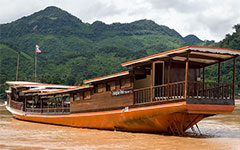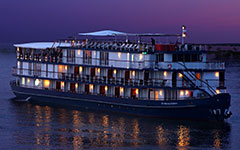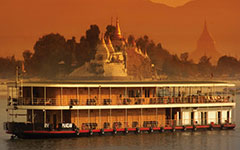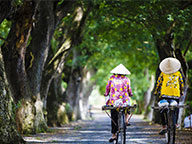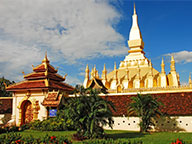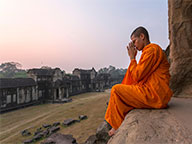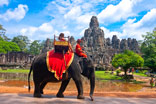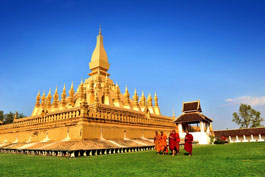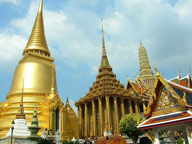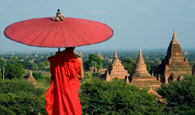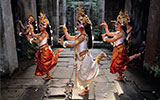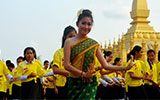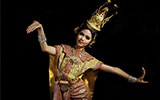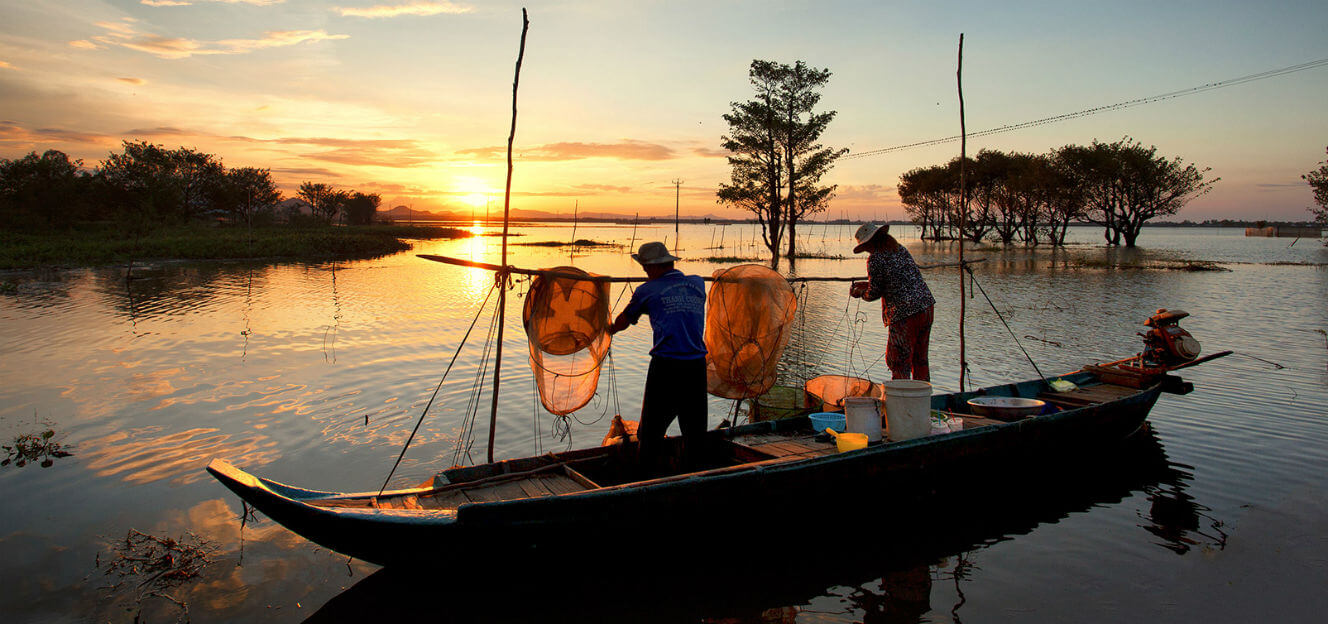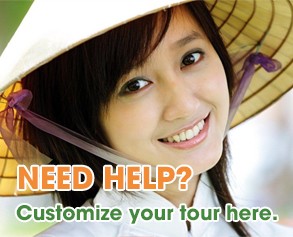Safety & Security Vietnam
Terrorism
Terrorism is a threat throughout the world.But is totally controled in Vietnam, very little Muslim number. It seems never happen here.
Civil unrest/political tension
Although rare protests do occur in Vietnam. The most recent example of protests in Vietnam were during May 2014, where there were large-scale demonstrations aimed at Chinese-affiliated companies, factories and official representatives in Vietnam. The tourist should avoid taking photographs of demonstrations, the military or the police, as this may not be tolerated by the Vietnamese authorities.
Internal conflict is rare in Vietnam, although some localised violent clashes between protesters and police have, in the past, resulted in a small number of casualties.
Crime
We advise you to exercise normal safety precautions in Vietnam. Exercise common sense and look out for suspicious behaviour as you would be at home
Street crime and harassment occur, especially in larger cities. Aggravated theft and assault occur, particularly in Hanoi, Ho Chi Minh City, Da Nang, Nha Trang, Sapa (particularly on the train to/from Lao Cai) and Cat Ba Island (near Ha Long Bay).
Petty theft, including bag-slashing, is also common in tourist areas, markets, on crowded trains, buses and at supermarkets. The incidence of petty theft increases in the lead up to Vietnamese and Western holiday periods.
Snatch-and-grab crimes against pedestrians by thieves on motorcycles are frequent and have sometimes resulted in injury to victims. These types of crimes can occur when crossing the street or walking along footpaths. Be aware that jewellery, handbags, phones and cameras are popular targets for criminals. Pay close attention to your personal security at all times and where possible, minimise the amount of valuables you carry.
Foreigners have been robbed and sexually assaulted after accepting spiked food and drinks, particularly at late-night establishments in major cities.
There have been reports of break-ins to hotels and private residences, even while guests are in their rooms. You should take care to ensure your valuables are secure at all times and report any theft promptly to the local police and hotel management.
Due to the prevalence of HIV/AIDS, hepatitis and other sexually transmitted diseases and infections, victims of violent crime, especially rape, are strongly encouraged to seek immediate medical assistance.
There have been reported cases of tourists becoming victims of gambling scams. Be aware of people who are overly friendly towards you and invite you back to their home. These approaches may lead to gambling scams, in which some Australians have lost thousands of dollars. Gambling may contravene local laws, which also apply to tourists. See the ‘Laws’ section for further information.
There have been reports of taxi scams involving foreigners. At airports, travellers are advised to use airport taxis, prearranged hotel transfer services or taxis from clearly marked taxi ranks with minders. Check that any person holding a placard with your name on it knows your destination. You should ensure that, if you are catching a taxi late at night, you choose a reputable and reliable company and that the taxi driver knows your destination before entering the taxi.
There have been reports of threats of physical violence or death related to personal or commercial disputes. If this occurs, you should report the matter to the local police personally, or through your hotel staff or other in-country contacts. To avoid potential disputes, make sure you have a clear agreement on what the expected level of service is.
Money and valuables
Before you travel, organise a variety of ways to access your money overseas, such as credit cards, travellers' cheques, cash, debit cards or cash cards. ATM and Banks are very popular in the cities in Vietnam. Not in the remote areas.
Credit cards are becoming more widely accepted throughout major cities in Vietnam. Cash can be obtained using several internationally recognised credit/debit cards through ATMs, which are widespread in Hanoi, Ho Chi Minh City and Da Nang and many cities. You should check with your bank to confirm if your ATM card will work in Vietnam
Incidents of card swiping have occurred throughout Vietnam and you should keep your credit card in sight at all times. There have also been incidents of theft occurring near ATMs soon after travellers make cash withdrawals.
If you require a replacement ATM card while overseas, please be aware that you may have difficulty having it delivered to Vietnam. Many banks do not maintain local or regional branches with English-speaking staff and Vietnamese postal services are generally unreliable. You should consider using an international courier service if you need a replacement.
Make two photocopies of valuable documents such as your passport, tickets, visas and travellers' cheques. Keep one copy with you in a separate place to the original and leave another copy with someone at home.
While travelling, don't carry too much cash and remember that expensive watches, jewellery, cameras and other valuable items are tempting targets for thieves.
As a sensible precaution against luggage tampering, including theft, lock your luggage.
Your passport is a valuable document that is attractive to criminals who may try to use your identity to commit crimes. It should always be kept in a safe place. You are required by the law to report a lost or stolen passport. If your passport is lost or stolen overseas, report it online or contact your Embassy in Hanoi or the Consulate-General in Ho Chi Minh City as soon as possible.

